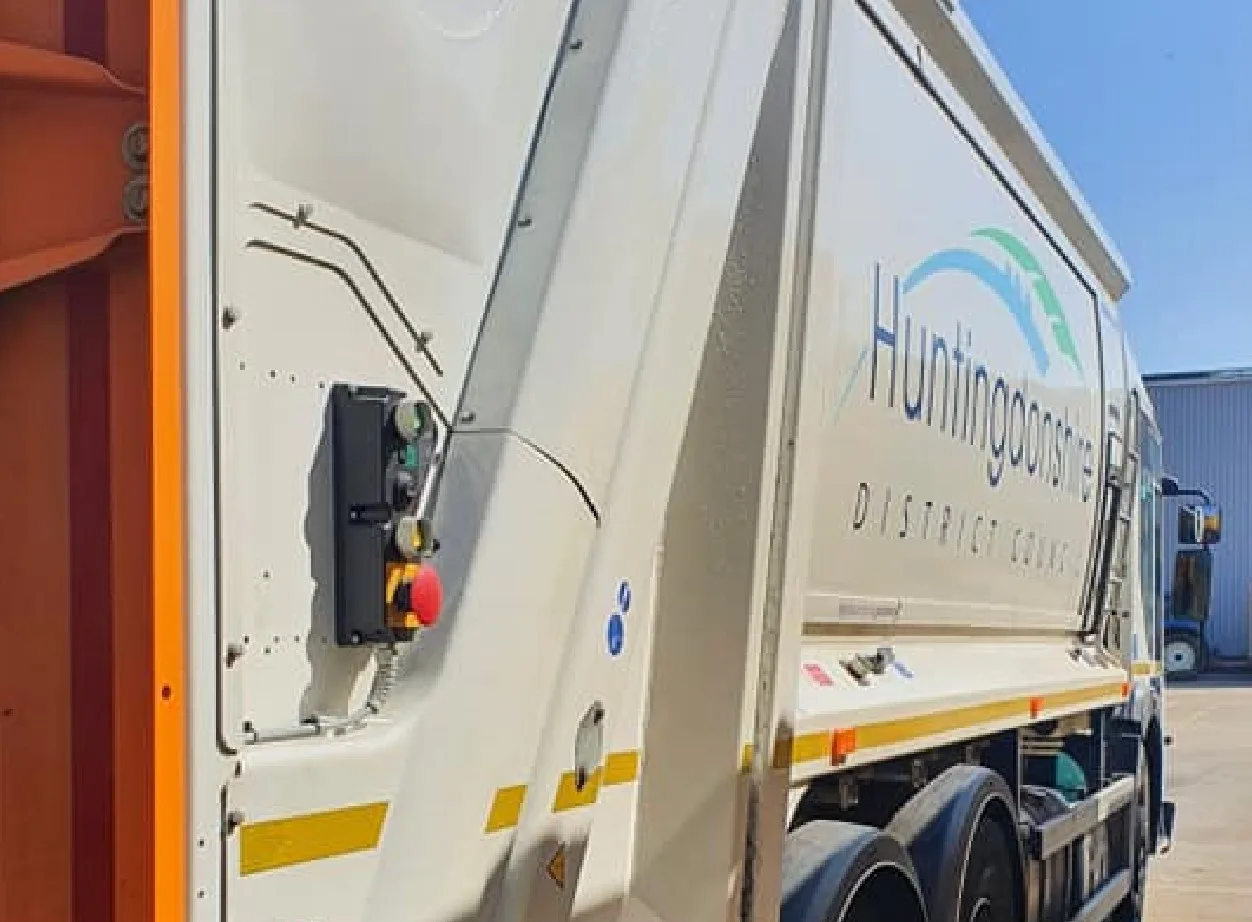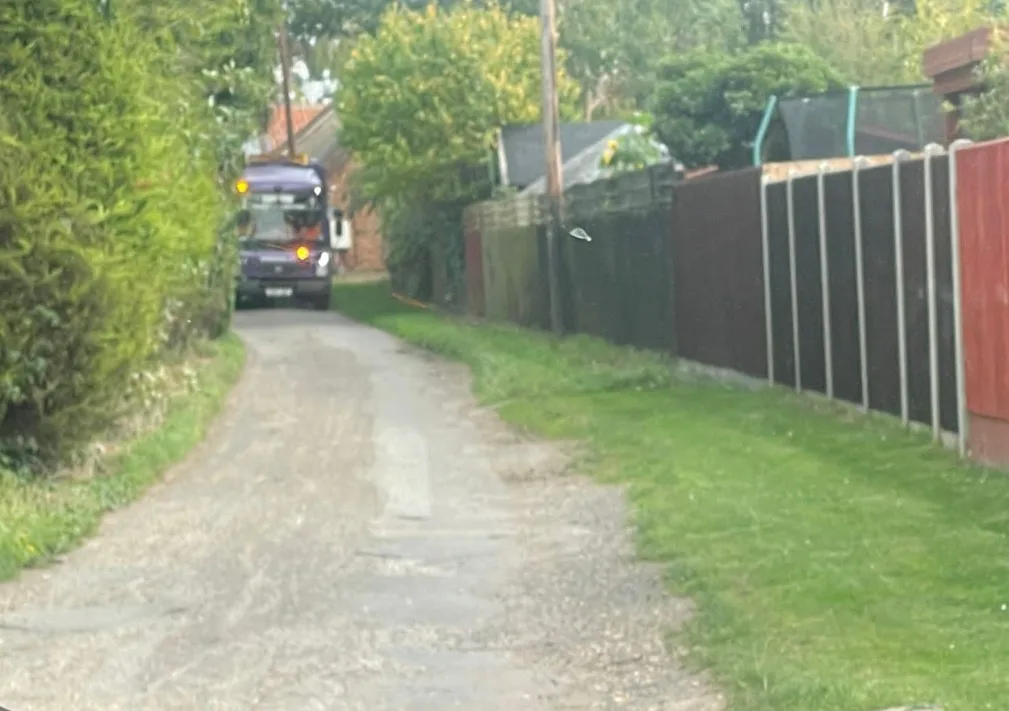Cambridgeshire is one of six areas in the country to receive Government funding to trial smart street lamps that can house EV charging hubs and boost wireless coverage including 5G.
The £220,000 given to the county council could also enable them to adapt street lamps to carry out a range of other functions that could monitor air quality and displaying public information to saving energy with street lighting.
The thought is that will enable councils to unlock new opportunities and improve public services.
The trial is part of a £1.3 million pilot to test next-generation digital technologies.
The Government believes that with the rising demand for wireless services, companies are increasingly exploring opportunities to install infrastructure on lamp posts, traffic lights, CCTV columns, benches, bins, and bus stops.
The successful pilots will match government funding for this programme, receiving a total investment of over £4 million to help boost local connectivity.
The government will provide £1.3 million, while the local authorities will invest a further £2.7 million.
The six authorities which will receive government funding through the Smart Infrastructure Pilots Programme (SIPP) are:
- Cambridgeshire County Council (£220,000)
- Tees Valley Combined Authority (£202,500)
- Royal Borough of Kingston upon Thames (£245,700)
- Westminster City Council (£165,000)
- Oxfordshire County Council (£250,000)
- North Ayrshire Council (£242,765)
Sir John Whittingdale, minister for data and digital infrastructure said: “The way we stay in touch, access information, and do business is underpinned by digital connectivity – and a world-class wireless infrastructure will be the foundation for the jobs, skills, and services of the future.
“We want to ensure that towns and cities across the UK are right at the forefront of this connectivity revolution, ready to seize the opportunities it will bring for local communities, which is exactly what these pilots are about.
“They will help demonstrate how advanced wireless technology can enable areas to innovate and deliver better public services, from rolling out electric vehicle chargers to boosting business growth and helping keep our streets safe.”
The pilot programmes will begin from October 2023 and will run until 31 March 2025.






















